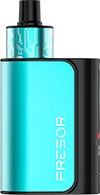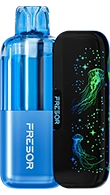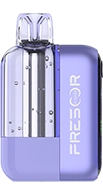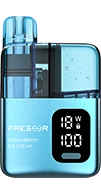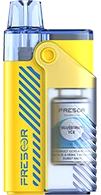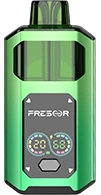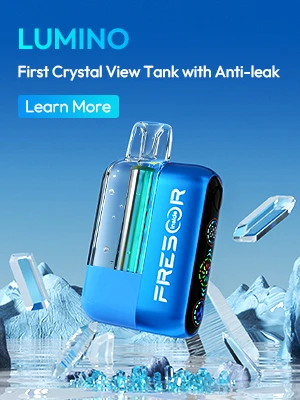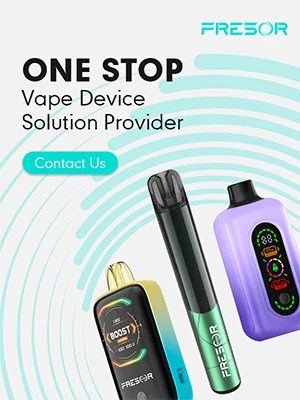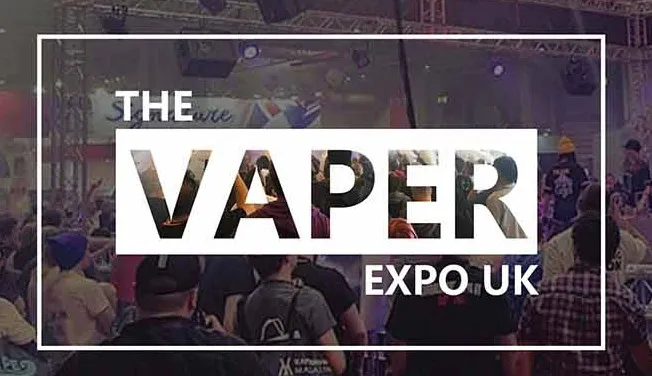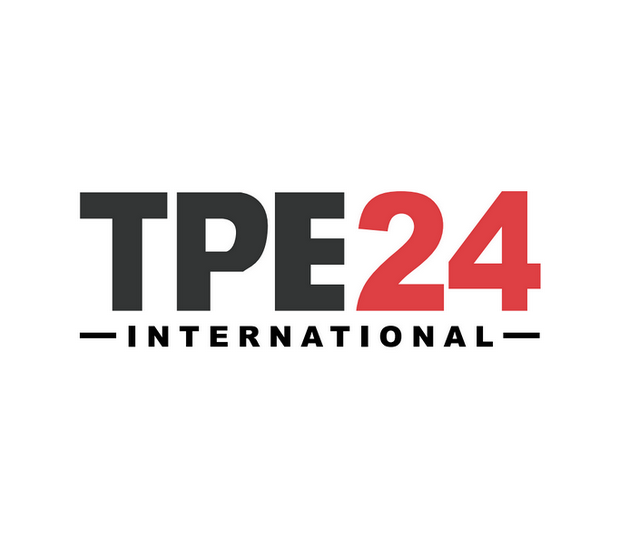Recent Updates on Vape/E-cigarette Restrictions in Mexico

22 August 2023
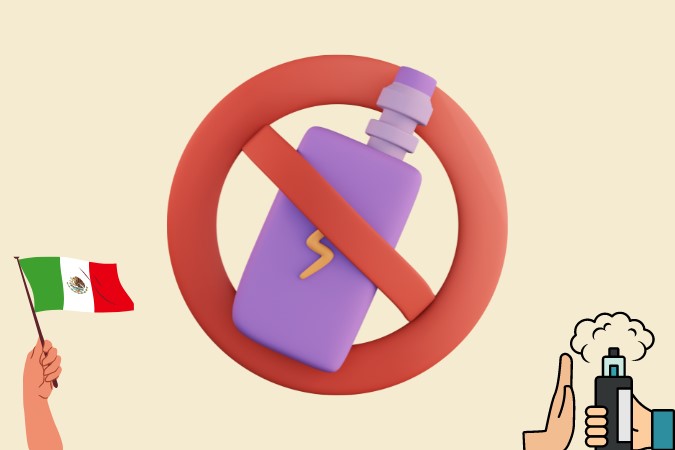
Mexico is a popular tourist destination known for its beautiful beaches, cultural landmarks, and delicious cuisine. However, the country has recently made headlines due to the government's plans to restrict the use and sale of vape and e-cigarette products. The news has come as a surprise to many people, given that Mexico has not been as quick to regulate these products as other countries.
Legal Status of Selling Vape Products in Mexico
In 2023, significant changes are reshaping the landscape of the vaping industry in Mexico. The government has introduced new regulations aimed at curbing the rising trend of vaping among young individuals.
Prohibition of Flavored E-Cigarettes and Vape Merchandise
As of 2023, the Mexican government has prohibited the sale of flavored e-cigarettes and vape products. The ban encompasses all vaping products, including e-liquids and associated devices, to tackle the surge in youth vaping. Advocates of the ban argue that it is a necessary step to protect young individuals from the risks of nicotine addiction.
Taxation Parallel to Tobacco Products
In a move reminiscent of tobacco regulations, the Mexican government has introduced new taxes on e-cigarettes and vape products. These taxes could lead to higher prices for vaping devices and e-liquids, potentially impacting accessibility for budget-conscious consumers.
Penalties and Fines for Flavored E-Cigarette Sales
Selling flavored e-cigarettes in defiance of the new regulations could result in fines of up to 5,000 Mexican pesos (USD 250). This underscores the seriousness of the government's stance on reducing flavored vaping options to discourage youth uptake.
Recent Legislative Changes and Updates

In recent years, Mexico has witnessed significant regulatory changes pertaining to vaping. A decree in October 2021 barred the importation of e-cigarettes, and subsequent amendments to the general law on tobacco reform further solidified restrictions. The Union Congress's approval of the General Import and Export Tax Law in April 2022 explicitly banned the import and export of electronic cigarettes and heated tobacco products.
Mexico's stance on vaping products has shifted significantly in recent times. The country has implemented a ban on the import and export of vaping products, making it imperative for travelers not to carry these items with them. Upon arrival, finding permitted vape retailers can be a challenge, as most are prohibited from selling vaping products. Moreover, designated clean air zones have been introduced, making it necessary for vapers to exercise caution when using their devices in public areas.
The Crux of the Issue: Legal Ambiguity
The legality of vaping in Mexico presents a complex landscape. While a blanket ban on nicotine-containing e-cigarettes seems apparent, there are nuances that vape retailers should be aware of. Mexico's vaping policies, governed by the General Law on Tobacco Control, are intricate. Though the ban on sales affects many retailers, certain exceptions are allowed by law, particularly for those operating in popular tourist destinations like Cancun.
Vape retailers seeking to operate in Mexico or cater to travelers must be well-versed in the local regulations. Attempting to import vaping products into the country can lead to customs seizure, hefty fines exceeding $3000, and even legal consequences. Though purchasing from local retailers might seem like an option, the lack of clarity surrounding permitted sellers raises concerns. Vape businesses must exercise caution to ensure their customers' safety and avoid any legal entanglements
Future Trend
Given the ban on sales and distribution, it appears that regulations for the manufacture of vaping products remain ambiguous in Mexico. This lack of clarity extends to ingredients, safety measures, and nicotine content restrictions. While vaping regulations in Mexico may resemble those of the USA, vape retailers cannot rely on this as a definitive reference. Ensuring product quality and safety becomes a significant challenge, as the absence of clear guidelines leaves room for uncertainty.
Regulations Governing the Import of Vape Products in Mexico

In a bid to regulate the use and distribution of e-cigarettes in Mexico, the Federal Commission for Protection Against Health Risks (COFEPRIS) has unveiled a fresh set of restrictions on the importation of vaping products.
Key Regulations
- Mandatory Health Certificate: Vape products can only enter Mexico with a valid health certificate issued by an accredited laboratory.
- Safety and Quality Testing: All vape items must undergo safety and quality testing in accordance with internationally recognized standards.
- Adherence to Technical Regulation: Vape products must comply with the Technical Regulation for Vaping Products (NOM-070-SCFI-2020), or risk customs seizure or destruction.
- Bilingual Labeling: Imported products must bear official labels in both Spanish and English, confirming compliance with Technical Regulation requirements.
- Traceability Assurance: Packaging should display a traceable serial number to facilitate monitoring and accountability.
- Approved Ingredients Only: Vape liquids must exclusively contain COFEPRIS-approved ingredients, with additives listed on labels.
- Shop Registration and Permit: Vape shops in Mexico must register with COFEPRIS and secure permits before commencing operations.
- Marketing and Display Compliance: Sales of vape products should align with stipulated regulations on advertising, promotions, and in-store displays.
Taxation Rules for Selling Vape Products in Mexico
As the vape industry undergoes transformations, vape retailers and businesses must adapt to new regulations to maintain success. The Mexican government's recent updates on vape and e-cigarette restrictions have introduced crucial changes to taxation rules in 2023.
As of 2023, three key taxes impact the sale of vaping products:
- Value Added Tax (VAT): 16%
- Special Tobacco Tax: 5%
- Import Taxes: 10%
Labeling Requirements for Vape Products in Mexico
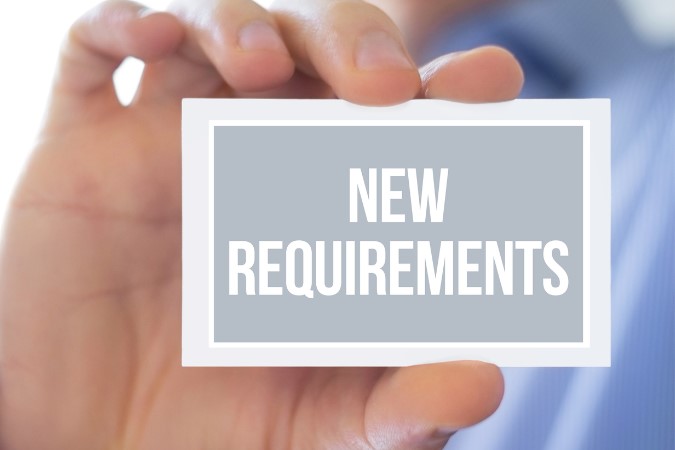
In Mexico, labeling requirements for vape products are very specific and play a crucial role in making sure that these products are safe for public consumption. As a retailer or a business owner looking to import and distribute vape products in Mexico, it is important to understand these regulations to avoid any legal repercussions.
Labeling Requirements
Labeling requirements are meant to inform consumers of the contents of the product, how to use it, and any potential risks. In Mexico, labeling requirements dictate that all vape products must have a label that includes the following information:
- Name of the product
- Manufacturer's name and address
- Ingredients list
- The net content of the product
- Safety warnings and usage instructions
- Expiration or “use by” date
It is important to note that labeling must be legible and visible.
Label Language
In Mexico, the labeling must be in Spanish and comply with Mexican labeling regulations. Therefore, if you are importing vape products from other countries, it is important to verify that the labeling is in Spanish and meets Mexican labeling regulations.
Packaging
All vape products in Mexico must be in packaging that complies with Mexican regulations. The packaging should adequately protect the product and include warnings about potential risks. Vape products must be packaged in a way that prevents tampering and ensures the product's integrity.
Health Warnings and Marketing
In Mexico, vape products cannot be marketed or advertised as a “healthy” alternative to smoking, and must include health warnings that alert consumers of the potential risks associated with vaping. The use of pictures and graphic designs that detract or play down the risks is not allowed.
Mexican authorities have strict enforcement policies for labeling requirements. Not complying with these regulations leads to legal repercussions and could result in fines or the seizure of the product. It is imperative to conduct proper research and comply with all labeling requirements to avoid any legal issues.
Transportation of Vape Products Across National Borders
Effective January 2023, Mexico has instituted rigorous regulations governing the cross-border transportation and importation of vape products. To successfully navigate the evolving landscape of vape product transportation across Mexican borders, vape retailers must focus on key aspects:
- Mandatory Health Authority Approval
Imported vape products must obtain Mexican health authority approval before transport or sale, applicable to all countries, including the US and Europe.
- Essential Import Information
Vape businesses must provide detailed product information, including:
- Valid Mexican health permit.
- Manufacturer's contact details.
- Comprehensive list of ingredients.
- Safety assessment documentation.
- Itemized invoice.
- Tracking Compliance
Imported vape products must include a tracking device, enabling authorities to monitor movement and enforce regulations.
- Fostering Responsible Vaping
Beyond regulations, Mexico aims to promote responsible vaping practices to mitigate potential health risks.
Improve Your Vape Brand with TOP Vape OEM/ODM Manufacturer
ALD Vapor, a global leader in vaping industry, is professional in providing one-stop OEM/ODM atomization solutions for vape brands from all over the world since 2009. With over 14 years of experience, over 4000 workers, and 6 factory sites, the company has gained a great reputation among clients and a fast-growing market share.
Wrapping Up
For vape retailers and businesses operating in the international market, understanding Mexico's evolving vaping regulations is paramount. The country's stringent stance on importing and distributing vaping products, coupled with unclear local sales regulations, necessitates careful consideration. As Mexico attracts tourists from around the world, vape retailers should exercise caution and prioritize consumer safety above all else. The complex legal landscape emphasizes the importance of conducting thorough research and collaborating with legal experts to navigate these challenges effectively.

